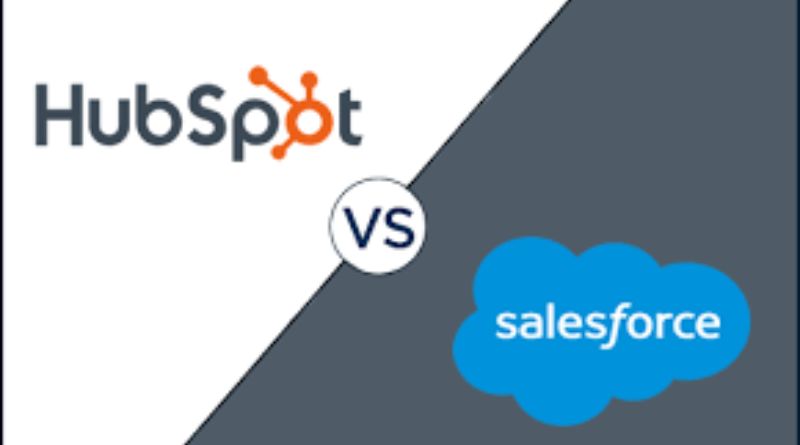What’s the best CRM? Is HubSpot better than Salesforce? What about Zoho or Zendesk? Whatever the answer, it’s important to understand what makes each CRM unique, and which solution will work best for your business. In this article, we’ll examine HubSpot and Salesforce side by side to determine which CRM deserves your business, and why. Let’s start with the basics…
What exactly is a CRM?
Customer relationship management, or CRM, the system is used to manage an organization’s interactions with customers. It may include marketing data and customer records. A CRM can be customized to meet a particular business’s needs.
How do I know if a CRM is right for me?
It’s hard to make a decision about the right CRM because there are so many options. How do you know which one is best? A good place to start is to ask yourself these three questions: 1) What’s your budget? 2) What’s your staff size and organizational structure like? 3) What are the use cases that you’re looking to solve?
Salesforce and Hubspot have been in the business of helping organizations better organize and manage their leads, contacts, and accounts for years.
Which HubSpot vs Salesforce comparison should I choose?
Both Hubspot and Salesforce are great tools for small businesses, but the best decision for your organization depends on what you need out of a CRM system. For instance, if you need more marketing integration and automation, then HubSpot might be a better option. If, however, you primarily need to manage your sales pipelines, then it would make sense to go with Salesforce.
What are the pros and cons of each solution?
There are two main types of customer relationship management (CRM) tools out there that can be used by marketing and sales teams, HubSpot and Salesforce. These two systems allow you to stay on top of leads, follow up with prospects and customers, set appointments, make notes, take actionable tasks, and more.
There are many similarities between the two systems as well as a few major differences. One similarity is that both systems allow you to track a contact’s journey through the conversion process from lead to customer by creating different stages in their profile. Another similarity is that both have powerful integrations with other platforms such as Slack and Google Drive; additionally, both can integrate data feeds from things like news sources or social media accounts.
How much does it cost to use either tool?
Hubspot’s basic package is the most expensive of the three, starting at $200 a month, but offers some features that may be vital to your business. For example, you have the ability to create custom workflows that help your sales process run more smoothly.
Salesforce and Service Now are both priced lower and offer an even playing field when it comes to CRM tools. You will pay different prices depending on how many seats you purchase as well as how much storage space your company needs.
What features/benefits am I going to get from using this tool in my business?
I’m going to start off by saying that both HubSpot and Salesforce are fantastic platforms with a lot of benefits. What you should use will largely depend on what your specific business needs are, how you work and how advanced your tech skill set is. For example, if the majority of your team works remotely then an online-based platform like HubSpot might be a better fit.
Do I need more than one tool to run my company’s marketing?
There are many tools you can use to manage your marketing, but when it comes down to the most basic functionality of being able to email prospects and customers, nothing beats HubSpot.
When is the best time to use which platform?
SalesForce is the best software to use when you are more established and have a higher turnover in your business. HubSpot, on the other hand, is better when you need more marketing tools to find new customers and keep your current ones happy.
What’s unique about each solution (and what makes them different)?
With a different focus on integrating marketing, sales, and customer service, HubSpot is best for B2C (business-to-consumer) companies.

Leave a Reply